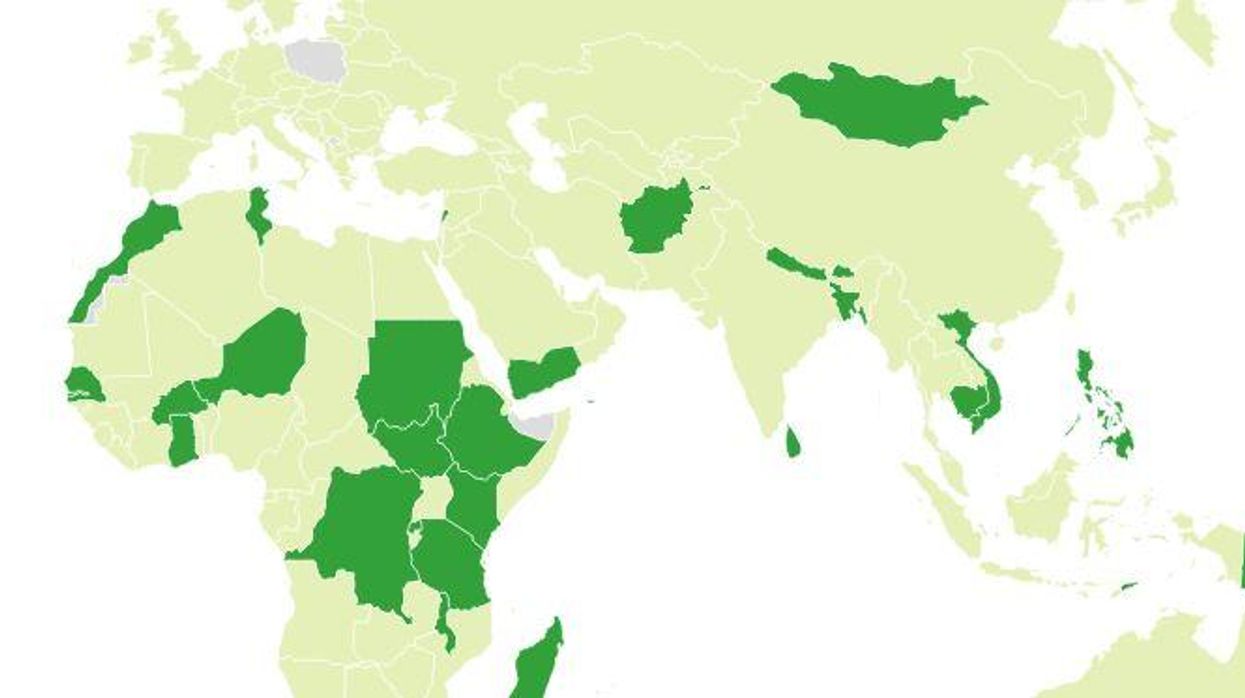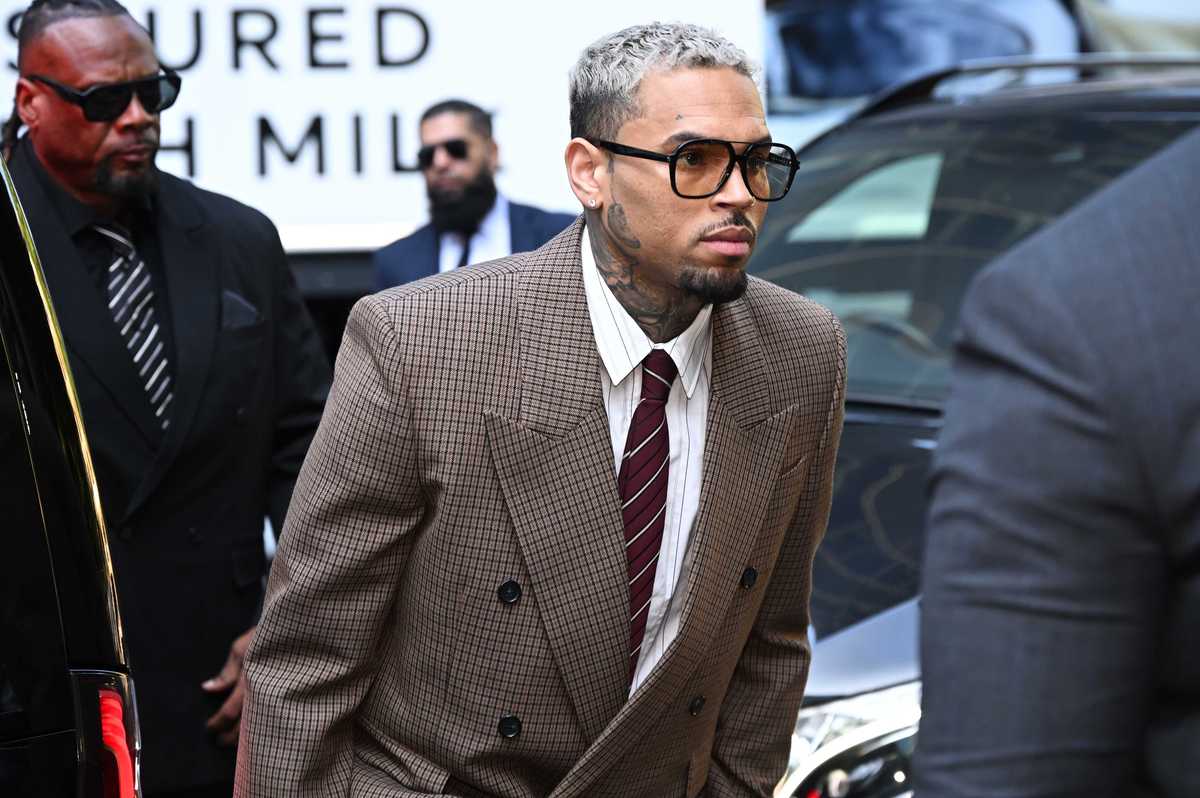News
Joe Vesey-Byrne
Nov 25, 2016

Picture:
Data: Climate Vulnerable Forum
The nations of the world met at the UN Climate Change Conference in Marrakech earlier this month.
The meeting was convened to discuss ways each country would meet the fossil fuel reduction targets which had previously been agreed at the 2015 Paris conference.
For the industrial nations of the world, the focus was how to turn coal-based economies into green ones.
But for many nations who have yet to fully industrialise this is not a problem.
The Climate Vulnerable Forum (CVF) is a group of 47 countries who used the Morocco meeting to discuss how they would skip the fossil fuel stage, and jump straight to green energy.
They're also some of the poorest nations on earth.
As the name suggests, they are also amongst the countries most vulnerable to effects of climate change.
The countries are:
- Afghanistan
- Burkina Faso
- Bangladesh
- Barbados
- Bhutan
- Democratic Republic of the Congo
- Colombia
- Comoros
- Costa Rica
- Dominican Republic
- Ethiopia
- Fiji
- Ghana
- Gambia
- Grenada
- Guatemala
- Honduras
- Haiti
- Kenya
- Cambodia
- Kiribati
- Lebanon
- Saint Lucia
- Sri Lanka
- Morocco
- Madagascar
- Maldives
- Marshall Islands
- Mongolia
- Malawi
- Niger
- Nepal
- Philippines
- Palau
- Papua New Guinea
- French Polynesia
- Rwanda
- Sudan
- South Sudan
- Senegal
- East Timor
- Tunisia
- United Republic of Tanzania
- Vietnam
- Vanuatu
- West Bank
- Samoa
- Yemen
According to Science Alert this is known as 'leap-frogging' in economics.
For instance this already happens in developing countries which leapfrog the stage in which landline telephones are installed, and citizens' first phones are mobile phones.
The CVF intends to apply this to their fuel usage.
What the CVF call 'the Marrakech Vision', is hoping to:
Meet 100 per cent domestic renewable energy production as rapidly as possible, while working to end energy poverty and protect water and food security, taking into consideration national circumstances.
The goals will be reassessed in 2020.
Fears about President-elect Donald Trump's denial of climate change were possibly prompts for some of the angst expressed by members of the CVF.
Costa Rica's environment minister Edgar Gutierrez told the BBC.
We don't know what countries are still waiting for to move towards net carbon neutrality and 100 per cent renewable energy.
All parties should start the transition, otherwise we will all suffer.
More: The number of young people who want to leave the county has shot up since Brexit
More: The map of people who think they live in the best country in the world
Top 100
The Conversation (0)













